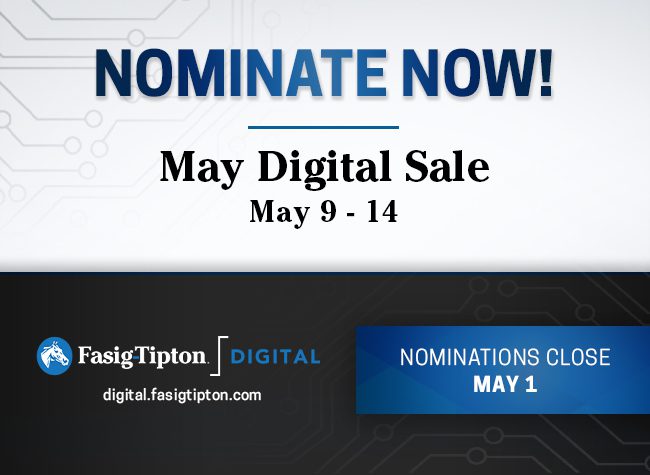By Lachlan Pethica
In Global Views, Godolphin Flying Start trainees provide insight into practices experienced and observations taken on their worldwide travels. Trainee Lachlan Pethica discusses ways the industry can attract new fans.
Attracting a new and diverse audience is of paramount importance if racing's popularity is to avoid demise. This remains a topical discussion in the industry and is being acted upon across the world; however, individual participants must collaborate to ensure the ongoing success of the sport.
To an 'insider', our industry is often perceived as open and accessible, where passionate people can interact with the stars of the show both equine and human. In some respects this is true; however, to the uninitiated person, racing can undoubtedly appear opaque and uninviting. Take the paddock on race day for example; people dressed in their finery stand amongst the stars of the show, with little to no interaction with everyday racegoers. This symbolic divide represents those 'in the know' and those not so learned. Our sport's complex race card and jargon do not promote inclusion and instead have the potential to scare away newcomers. If we can expand what it means to be 'a racing person', we'll move swiftly towards a brighter future.
The term 'racing person' is to many a badge of honour and rightly so; we're all proud to be involved in this great game. We're an industry of committed and passionate people. At times, though, one must wonder if our industry is too much a coterie which appears out of bounds to others. If we can expand our horizons on what it means to be 'a racing person' and foster a greater sense of belonging, we'll be far better placed for what will be a challenging future. The more we open the door and remove the veil of secrecy and some of the barriers of entry to our sport, the sooner we open the door to a new and diverse audience.
Many in the industry have already recognised this opportunity. Take for example the Irish National Stud and its Irish Racehorse Experience, which is as awe-inducing to an 8-year-old as undoubtedly it is for a 68-year-old. The tourist attraction opened earlier this year to rave reviews, taking visitors on a journey from the birth of a foal through the sales, onto a trainer and eventually into the winner's circle. Visitors are taught about the life cycle of the horse, the incredible physiological capacity of Thoroughbreds, equipment and tack and even the history of 'the punt.' For conventional 'racing people' and the less experienced alike, this is a phenomenally enjoyable experience which is invaluable to our industry. The more touchpoints we can have with young people throughout their development and older folk alike, the better positioned we are as an industry to convert them into regular racegoers and participants.
Programmes such as the Newmarket Pony Academy help to foster an understanding of the horse, not just racing. Targeted at primary school-aged children, the programme offers a week-long experience to local schools and combines essential learning such as reading and writing with horses and their care as the principal focus. Based in the heart of the British Racing School, participants are indirectly exposed to racing, building an appreciation for both the leisure and the racing horse. The deeper the relationship with the horse, the better positioned our industry is to convert young people into racing fans. Any opportunity we can give children to learn about and enjoy horses, the better served our industry is.
The power of these initiatives is immense, but without industry buy-in their impact is limited. It is incumbent upon every industry participant to acknowledge the benefits of an open relationship with the public. The divisive undertones of our sport are harmful to our future and in changing times, we too must adapt. We should be promoting our work to the masses to humanise our industry; the rise of digital initiatives like Thoroughbred Tales is a demonstration of what can be achieved through openness and humanisation. No longer is it acceptable to be passive; every participant has a duty to promote racing to the best of their ability and foster interest. We're an industry of excitement which people from a host of backgrounds are intrigued by. To convert these people to new racegoers and participants, and retain them, we must work to avoid our parochial tendencies.
Many will point to the success of syndicates as a measure of racing's changing ways; this is undeniable. Is there enough cultural diversity among these newcomers? Changing the definition of what it means to be 'a racing person' can only serve to grow our influence in broader societal groups. No longer can we allow the status quo to stymie our future growth. It's time for racing and its participants to show their wares to a group beyond the current microcosm. Our future depends on it.
Not a subscriber? Click here to sign up for the daily PDF or alerts.






